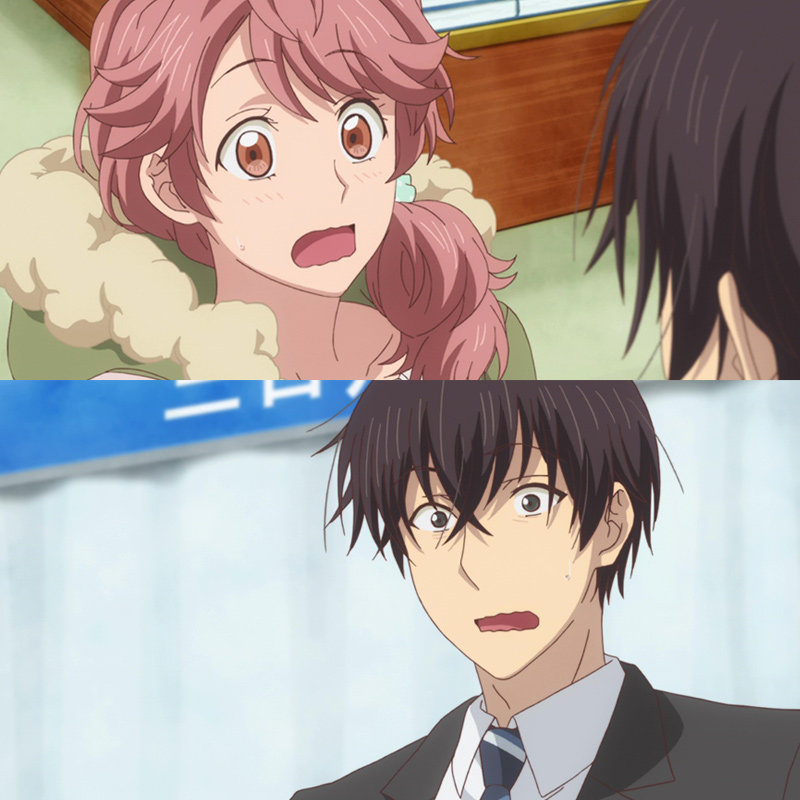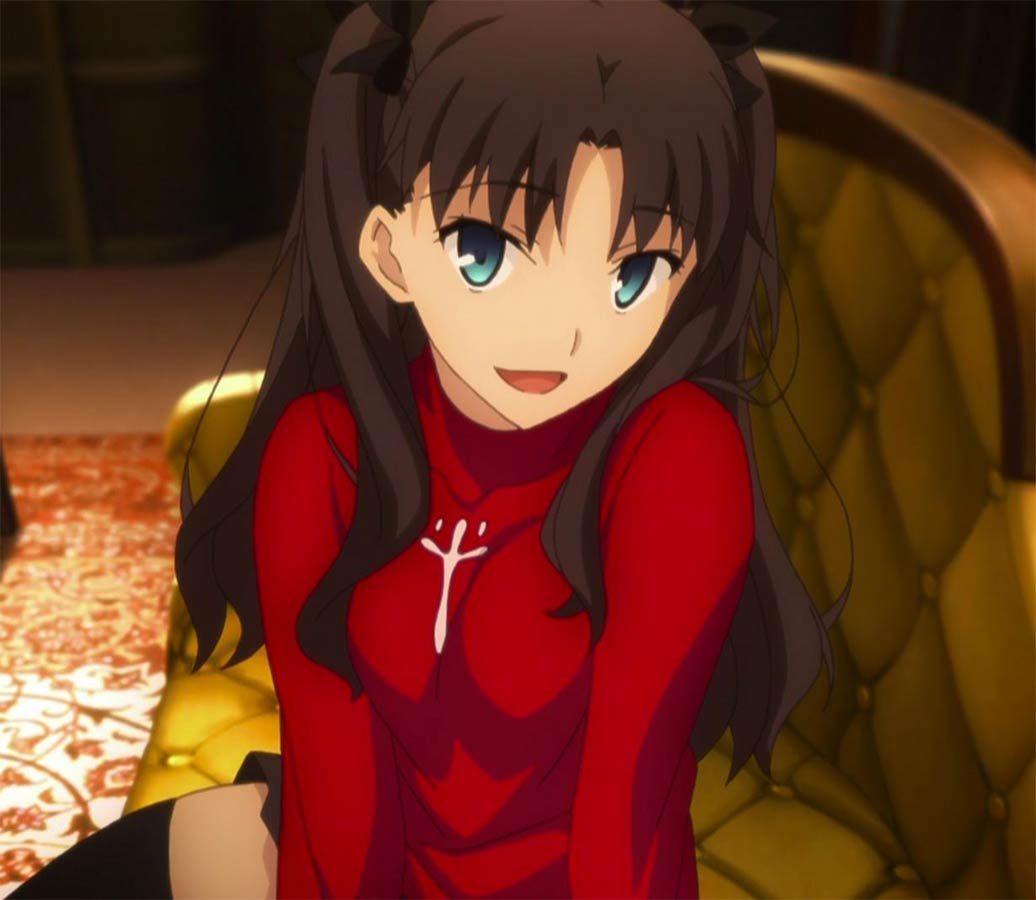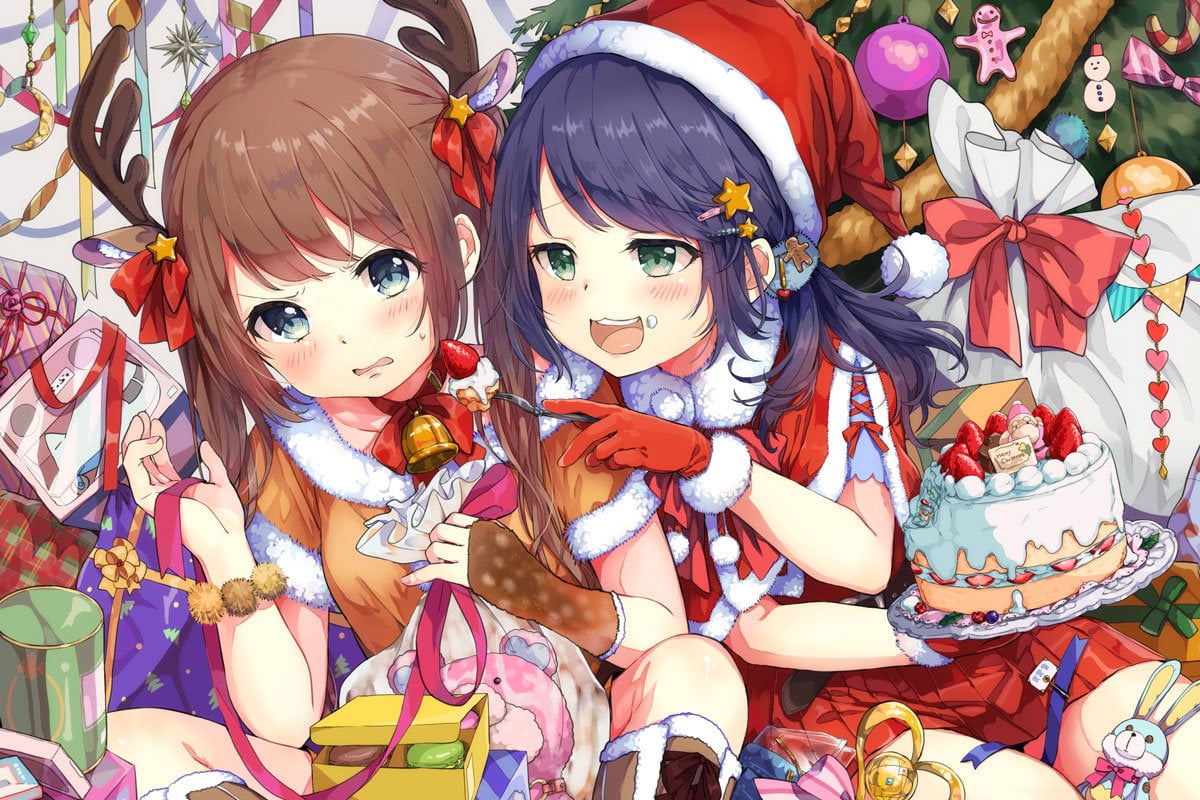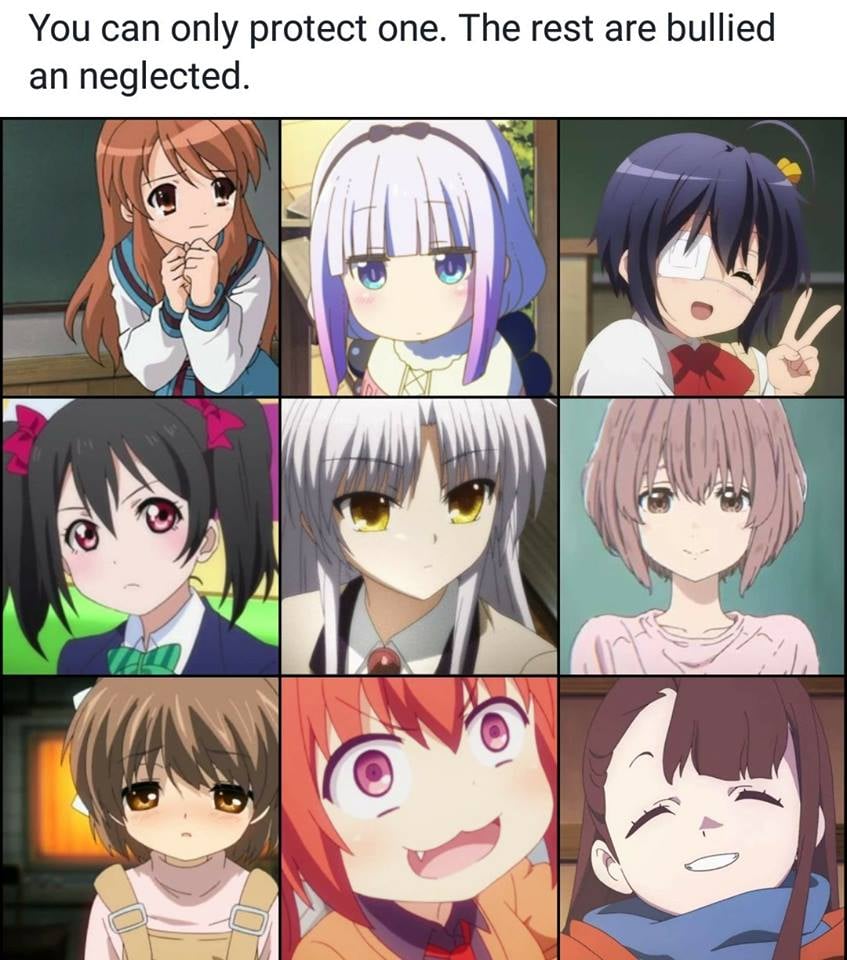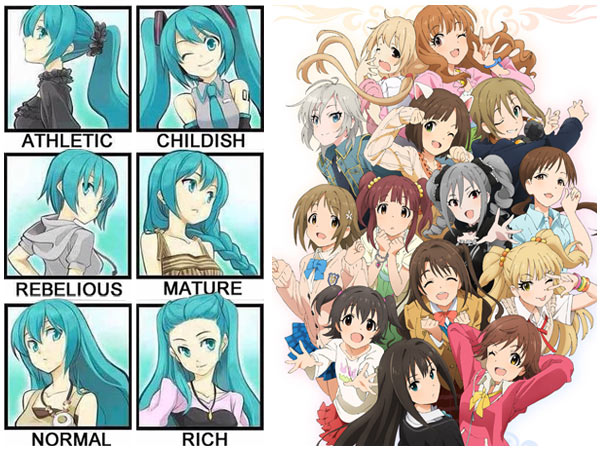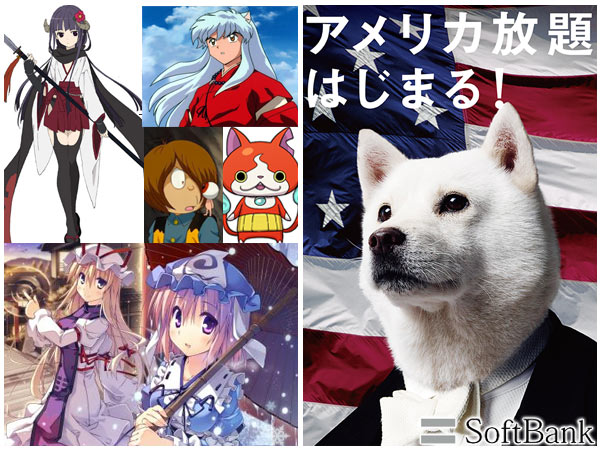
The other day I was having lunch with my daughter, and she asked me how to say the word 妖怪 youkai in English, which was not an easy question to answer over a bowl of ramen. Youkai (pronounced yoh-kai) are a huge class of Japanese supernatural folk spirits, translatable as ghosts, monsters, specters, magical shape-shifting creatures (bakemono) or human and animal spirits that possess peoples’ bodies (tsukimono). These magical creatures have always been a big part of Japan’s popular culture, originating in China 2000 years ago and becoming more developed during the literary Heian (794-1185) and Edo (1603-1868) periods. Ever since the popularity of Gegege no Kitaro, a 1968 anime about a magical youkai boy and his tiny dad, whose head is an eyeball, these magical creatures have become a big part of Japan’s anime culture, and many characters – Inuyasha, most of the cast of Touhou, any shape-shifting fox girl you can think of – belong to this magical class of folk deity. Currently the most popular anime show for kids in Japan is Yo-kai Watch, about a boy who finds a magic wristwatch that enables him to see the myriad of magical creatures that are swimming around us every day.
One thing about Japan: 98.5% of the people here are either Japanese or ethnic Koreans and Chinese who are fully acculturated to life here, so whenever a Japanese person has to deal with Westerner like you or me, there’s going to be some stress involved. Usually things go smoothly, though occasionally there’s some minor drama, like the time I went into a coffee shop and got a newly-employed waitress who had apparently never met an American. (She was as nervous as a dojikko anime character.) The other day I went to my local Softbank shop, the Japanese cell phone carrier owned by the enigmatic Korean-Japanese businessman Masayoshi Son, to make sure my phone was signed up for their new program that lets me use my Japanese phone while in the U.S. The lady apparently had not talked with foreigners in the past. “So, you can actually understand the lyrics in Western songs?” she asked timidly, and was overjoyed when I told her a lot of people follow the adventure of the white dog Otosan and his family through the Internet. Incidentally, if you ever want to bring a smile to a Japanese person’s face, ask them what country they studied English in, even if their language skills are only so-so. This will make their day.
We’ve got great news: Kana Okaeri (“Welcome Home, Kana”), the total remake of the classic visual novel Kana ~ Little Sister, has gone “golden master” and will be shipping in a few weeks. This is without a doubt one of the best examples of how powerful the visual novel genre can be, written by the creator of Yume Miru Kusuri, so you know it’s good. It’s the touching story of a boy named Taka whose younger sister has been sick all her life, forcing him to do his best to protect her. He’d do anything to save Kana…even… This total remake includes a much improved translation, a totally new game engine, new higher res game art (all 100% uncensored), animated H-scenes and full voice. Preorder it now!




